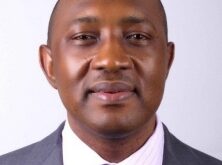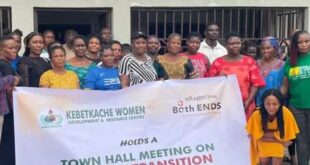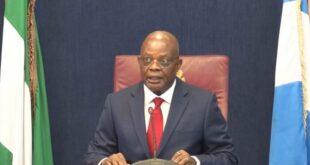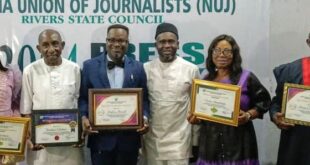As the world battles the scourge of malaria, a Port Harcourt-based linguist and Indigenous Language advocate, Mr. Josiah Egbilika, has tasked the World Health Organization (WHO) and national Health agencies to deploy Indigenous languages in the campaign against the disease.
Speaking in Port Harcourt, the capital of Rivers State, Mr. Egbilika said that the best means of creating awareness and sending information on malaria, or any other epidemic or pandemic, is through the use of language that is indigenous to the people. According to him, using indigenous languages will aid to enhance the message delivery and naturally produce positive reactions faster.
The linguist noted that the best means of accelerating prevention and control over malaria or any other illness is for the people to see it as their responsibility,
“If the people become part of the prevention and control methods, if citizens of local communities are part of the control mechanisms and are able to understand what to do to ensure prevention or control over malaria or any other illness, the fight against malaria will be won in no time.
“The best form of getting these messages to them so they can be part of the campaign is through their indigenous languages. The people relate better when their indigenous languages are utilized to pass important messages to them” he stated.
Not underestimating the challenges involved, Mr. Egbilika emphasized the need for World Health Organization and other national Health ministries all over the world to collaborate with civil society organizations, community-based organizations, faith-based organizations and traditional leaders in carrying out their national malaria programmes.
“WHO and National institutions should create a network comprising of ministries of Health, CSOs, CBOs, religious and traditional leaders, medical and health workers, and community influencers to carry the campaign to the people.
“If truly the intent is to reach especially the hard-to-reach population and also ensure transparency and accountability in carrying out malaria programmes in the countries, the network will be in the best position to achieve the objectives of WHO in bridging the gap of those who miss out on the services and information they need to prevent, detect and treat malaria,” he said.
The indigenous language advocate also said that community-based communication systems should be part of media campaigns strategies during National programme planning and implementation while adding that WHO should also enhance the capacity of indigenous medical practitioners and scientists to produce indigenous malaria vaccines using localized materials found in the countries.
 PH Mundial – Port Harcourt Online Newspaper News Across The Region
PH Mundial – Port Harcourt Online Newspaper News Across The Region





